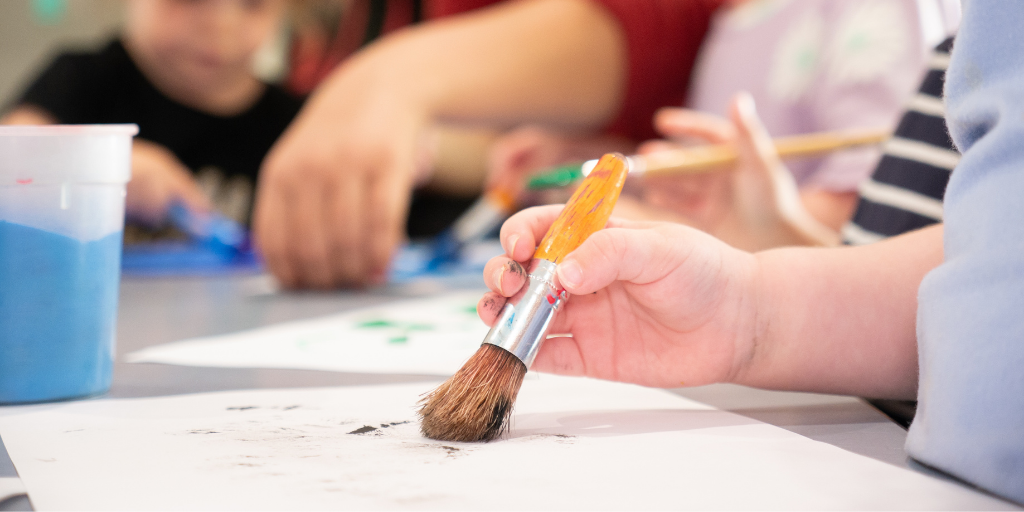Your ELC helps you understand gross motor skills and its importance for each age group.
What are gross motor skills?
Gross motor skills are abilities that allow us to do tasks that require whole-body movement and involve large muscles in our torso, legs and arms. Gross motor skills are important for us to do everyday skills, such as walking, running and jumping. Within a child’s initial development stage, you will see the development of gross motor skills through them crawling or walking.
Gross motor skills are related to other abilities too, such as:
- Body awareness
- Physical strength
- Balance
- Reaction
- Coordination
General physical activity guidelines
Newborn to 2 months: turning their heads on both sides, kicking both legs, moving both arms equally.
3 to 4 months: raising head, rolls from belly to back, turning head both sides while on their belly.
5 months: bringing feet to mouth while on their back, pushing up on hands while on belly.
11 to 12 months: walking with one hand, standing alone for a few seconds.
2 years: walking and running fairly well, jumping with both feet on the ground.
4 years: running and jumping well, can do hopscotch.
Recommendations to help the development of gross motor skills:
By exploring various types of movement, your child can build the confidence and physical competence to engage in a healthy and active lifestyle. Here are a couple of suggestions:
- Walking
- Running
- Dancing
- Obstacle courses
- Playground play
- Bubble play and many more!
YOU MIGHT ALSO LIKE TO READ:
What Your Child Should Be Eating for Their Age
A healthy diet is more than the food a child consumes; it is also about staying active. However, the two go hand in hand. Your child should be eating the right foods that balance the energy they use doing physical activities. – READ MORE






